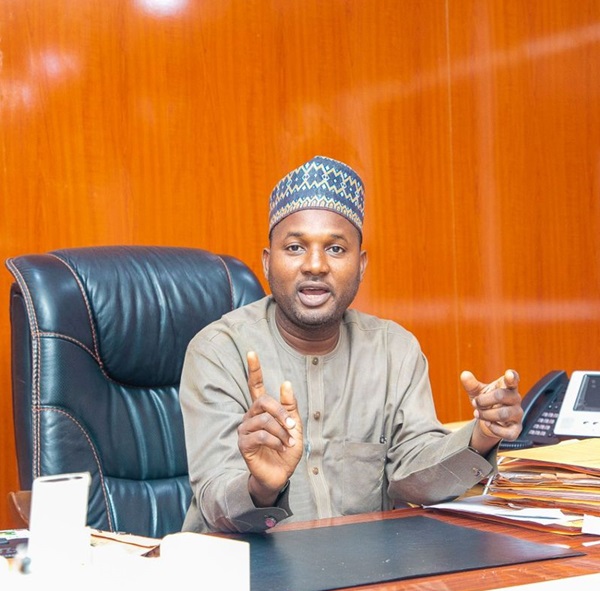
As climate change and weather patterns change, the Nigerian Meteorological Agency (NiMet) is tasked with advising the government on all aspects of meteorology, projecting, preparing and interpreting government policy in the field of meteorology and issuing weather (and climate) forecasts for safe operations of aircraft, ocean-going vessels, and oil rigs. However, as people retire, gaps are created in the workforce, requiring the need to fill new talent.
Oluchi Okorafor spoke to the head of the human resources directorate at NiMet, Dr. Nasiru Sani to learn more about the agency’s focus on human capital development and how it’s working to reposition the agency.
What is the focus of the new NiMet management with regard to human capital development?
The new management team, led by the director-general and Nigeria’s Permanent Representative with the World Meteorological Organisation (WMO), Prof. Charles Anosike has prioritised capacity development and is working hard to reposition the agency. We have spent over N140,000,000 in the first quarter of 2024, training over 100 staff members. This May, senior staff will undergo another round of training, focusing on leadership and performance management, while junior-level staff will be trained in ethics and performance management.
How is capacity development becoming a culture at NiMet?
Capacity development has become a culture under the new management, and staff morale and motivation have increased as a result. The agency is strictly tasked with ensuring accurate reporting of weather and climate information and new tools, software, and methods of analysing weather patterns have been introduced. Through training, staff can adopt these new methods and perform their roles effectively and efficiently.
What are the challenges of attracting staff to the agency?
As a scientific and technical agency, NiMet has the most dedicated and professional staff. However, as people retire, gaps are created in the workforce requiring the need to fill new talent. NiMet has a training school at Oshodi, Lagos and the MBMisT institute in Katsina to train and re-train staff and outsiders interested in studying meteorology. Whenever there is a need, NiMet can choose from the available talent pool from these internal and external institutions, subject to approval from the relevant federal government agencies.
What is the mandate of NiMet?
NiMet is a Federal Government agency responsible for advising the government on all aspects of meteorology. The agency is mandated to project, prepare and interpret government policy in the field of meteorology, issue weather (and climate) forecasts for the safe operations of aircraft, ocean-going vessels, and oil rigs.
How does NiMet disseminate weather information to the public?
With climate change and weather patterns changing, NiMet’s work has become more critical. People rely on the agency’s weather forecasts, predictions, and alerts for their planning. The agency partners with national TV stations, newspapers, and local radio stations, including FRCN and the BBC, to disseminate weather information.
How does NiMet ensure that weather forecasts align with the government’s objectives?
Everything NiMet does must align with the Tinubu government’s objectives and the Aviation sector roadmap of the Minister of Aviation and Aerospace Development, Mr. Festus Keyamo SAN. The agency is strictly tasked with ensuring accurate reporting of weather and climate information, linking it with the Aviation sector roadmap of Festus Keyamo, the Minister of Aviation and Aerospace Development.
NiMet is working hard to reposition the agency by prioritizing capacity development, ensuring accurate reporting of weather and climate information, and aligning with the government’s objectives. With new tools, software, and methods of analysing weather patterns, the agency is better equipped to issue weather (and climate) forecasts for the safe operations of aircraft, ocean-going vessels and oil rigs.

